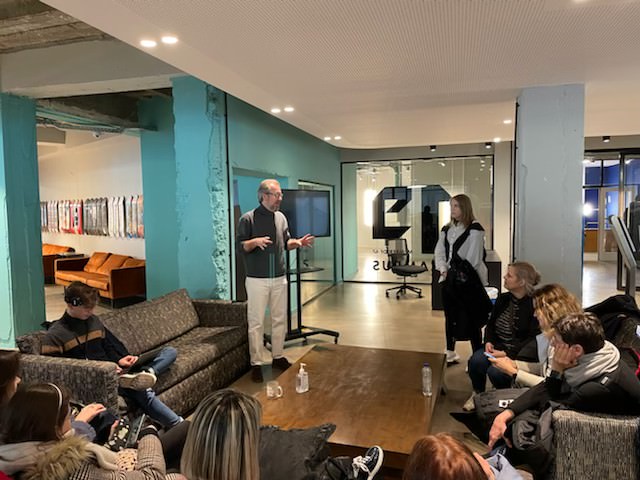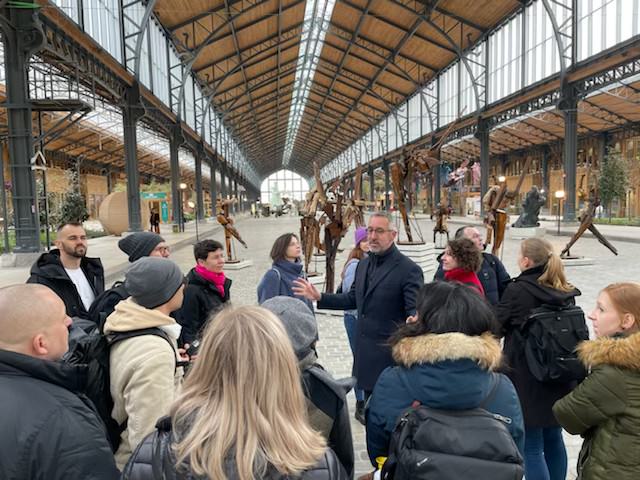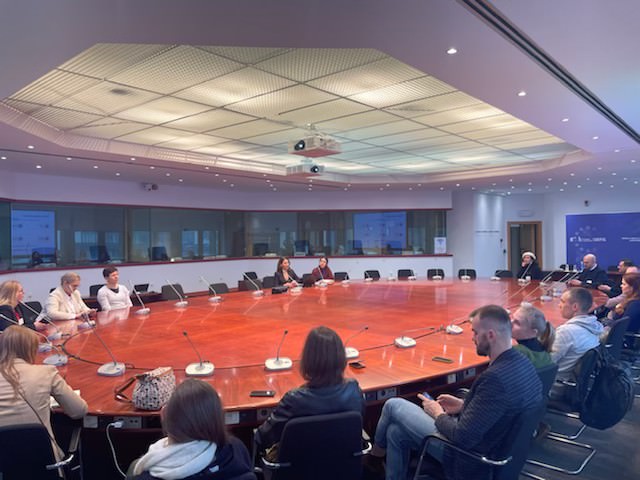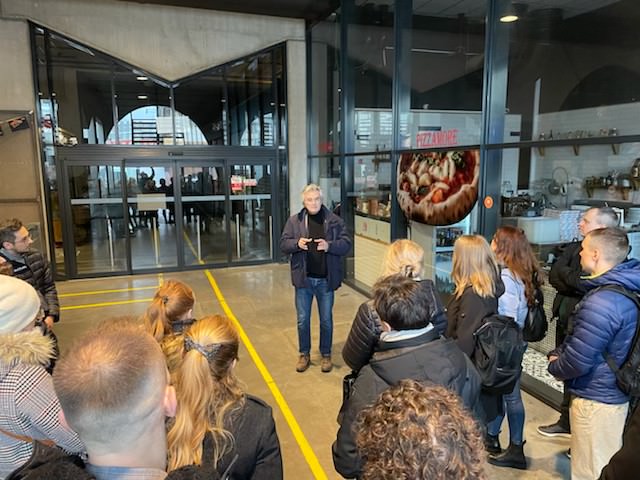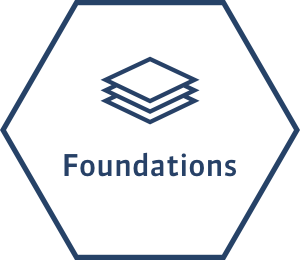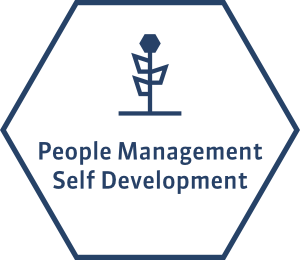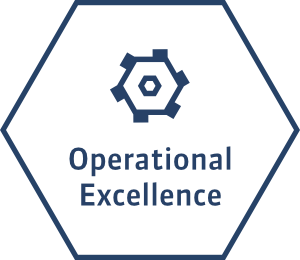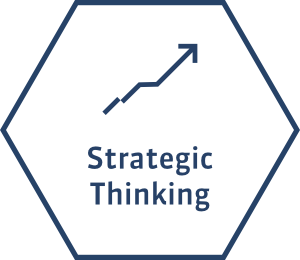Why an Inspirational Safari is important for an MBA program?
The story of 3 beautiful days thanks to the MBA program of the Gdansk University of Technology.
An MBA program is challenging participants on their competences and expertise but also on many hard and soft skills. Providing them an inspirational trip will help them to discover new societal and business projects but will also help to deepen further the relations within the group.
We are choosing European cities and regions as we believe that our continent has a lot to offer but also that projects have similar ethics and often a same purpose or vision. We were challenged since our 2019 Safari in Barcelona by the Covid pandemy and the War in Ukraine, but finally, three weeks ago, I had the opportunity to lead a group of 20 participants, mostly from the MBA program at Gdańsk University of Technology, on a walk throughout Brussels.
The city has a very rich history and is known for its stunning architecture, delicious chocolate, and famous beer. But, we were interested in exploring some of the less well-known aspects of the city, including its inclusivity, social entrepreneurship, conscious leadership, alternative education, hospitality 3.0, revitalization, commons, grassroots, and many other themes.
During 3 intense days we organised about 6 visits per day divided over several themes meeting with founders and leaders from public, private and grass roots initiatives. We brought the group also to some inspirational places for breakfast, lunch and dinner as the hospitality industry is as well vibrant and disruptive.
With immigration representing over 50% of the Brussels population we visited some inclusive projects like Molengeek, Capital or Interface3 but also coding schools like BeCode and Campus19. Laure Lemaire, a visionary leader, manage to train and to provide a job to more than 7.000 women over the last 15 years. And as entrepreneurship is booming in Europe we visited one of the biggest incubators of our continent, namely BeCentral. Public and Private initiatives are often the engine of societal changes but since recent years we can see grassroots initiatives developing some innovative activities in city commons. Le Grand Hospice occupied by Pali Pali is a beautiful example as imagined by his visionary leader Edouard Meier.
At Tour&Taxis, participants could listen to the story of 20 persistent years of work from Kris Verhellen making from the area a landmark for the City: architectural revitalisation hosting creative industries and disruptive initiatives. But what to think about the Urban Farm developed by its founder Steven Beckers?
We also had the opportunity to learn about conscious leadership and hospitality 3.0. We visited a hotel that is committed to sustainability and social responsibility, offering a unique and memorable experience for its guests. We learned about the challenges and opportunities that come with running a socially responsible business, and how it can create positive social and environmental impact.
Overall, I was proud of the group’s enthusiasm and engagement throughout the trip. They were inspired by the innovative projects and initiatives they saw, and I believe they left Brussels with a renewed sense of purpose and motivation to create positive change in their own communities.
We finished our inspirational Safari at the oval table where Europe was created with an unanimous feeling that People, Places and Projects are changing our European society.
Let me to thank the Gdańsk Tech University for its trust and I look forward to the next Safari in 2024!
Alain Heureux


